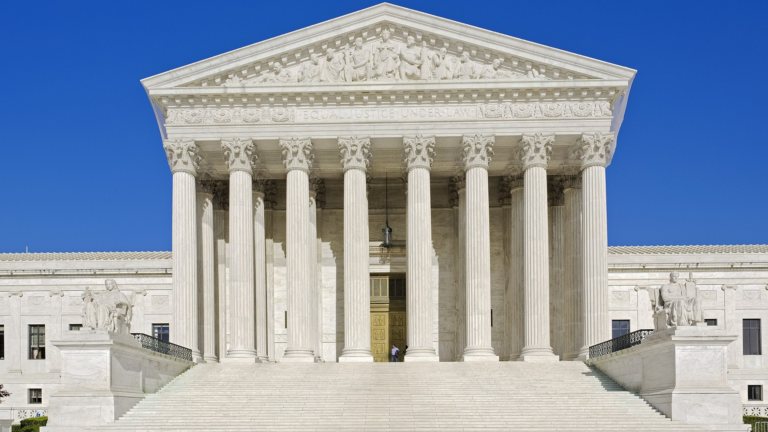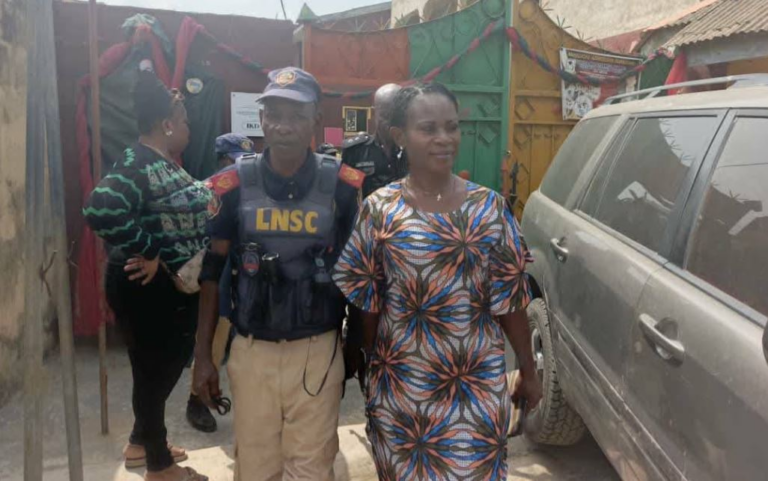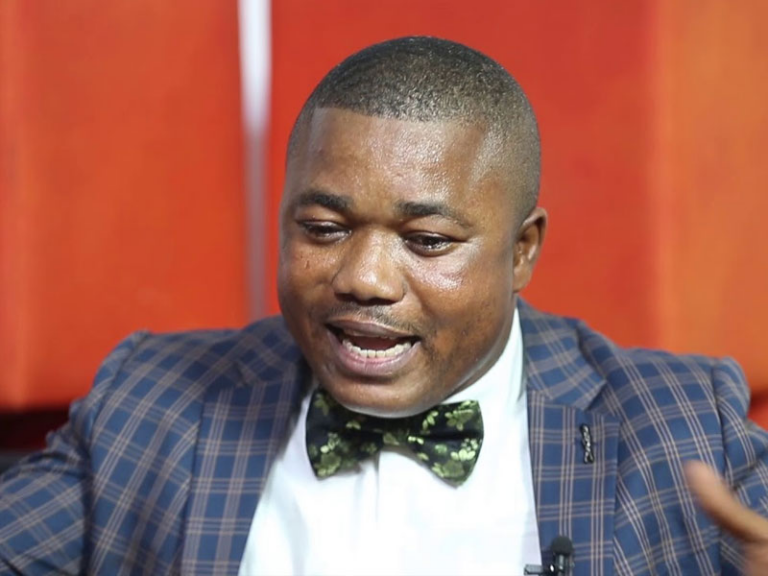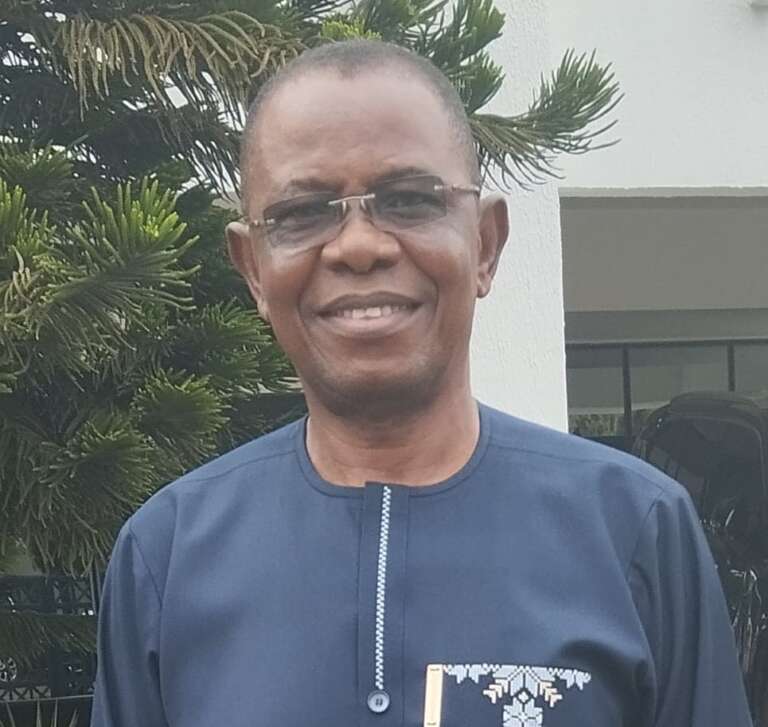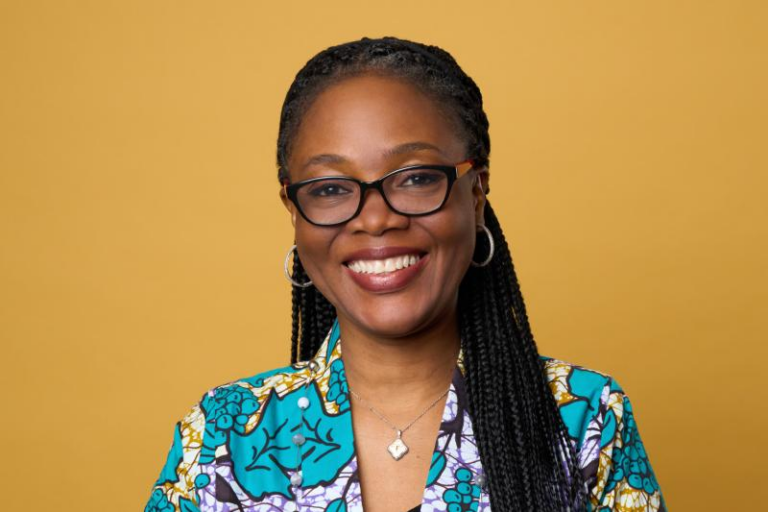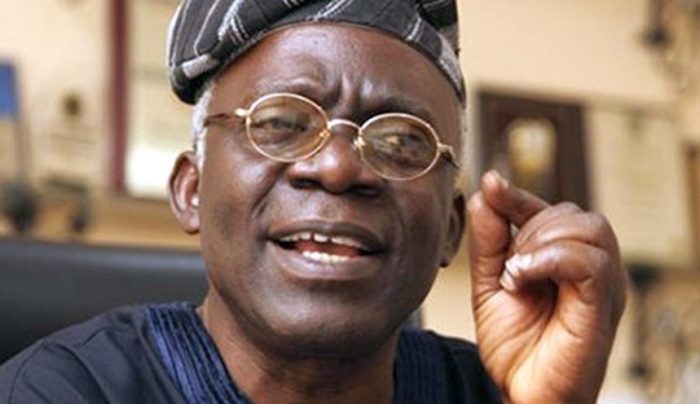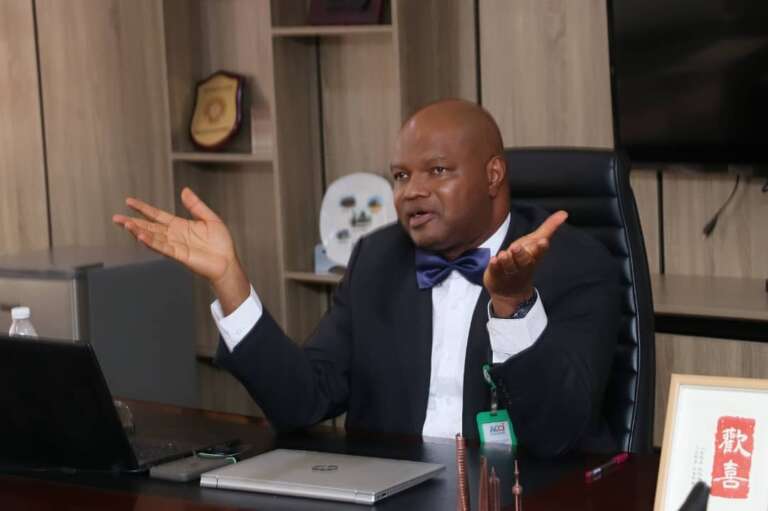The United States Supreme Court has scuttled Donald Trump’s bid to block his criminal sentencing in New York. The apex court on Thursday denied President-elect Donald J. Trump’s emergency bid to halt it, ensuring it would proceed as planned on Friday.
New York Times reports that in a brief unsigned order, a five-justice majority noted that Mr. Trump was not facing jail time and that he could still challenge his conviction “in the ordinary course on appeal.”
According to the news outlet, although Trump had argued that being sentenced 10 days before his inauguration would distract from the presidential transition, the majority held, “The burden that sentencing will impose on the president-elect’s responsibilities is relatively insubstantial.”
New York Times further reported that the majority included Chief Justice John G. Roberts Jr. and Justices Sonia Sotomayor; Amy Coney Barrett; Elena Kagan and Ketanji Brown Jackson. Four of the court’s conservative justices — Clarence Thomas, Samuel A. Alito Jr., Neil M. Gorsuch and Brett M. Kavanaugh — noted dissents without providing reasons.
The sentencing is now free to move forward on Friday morning in the same Lower Manhattan courtroom where Mr. Trump was convicted on 34 felony counts of falsifying records to cover up a sex scandal that had endangered his 2016 presidential campaign. The president-elect has indicated he plans to appear virtually.
After a series of unsuccessful legal maneuvers in New York State courts, the former and future president had hoped to prevail before a friendlier audience: a Supreme Court with a 6-to-3 conservative majority that includes three justices Mr. Trump appointed during his first term.
But the court opted to stay out of the case, despite having come to Mr. Trump’s rescue in a string of other recent matters. In July, the justices granted former presidents broad immunity for official acts, undermining a separate criminal case against Mr. Trump in Washington.
The show of independence from five of the justices in connection with the New York case — less than two weeks before the inauguration — capped the former and future president’s frenzied campaign to stave off the embarrassing spectacle of a sentencing. After months of delay, the sentencing will now formalize Mr. Trump’s conviction, cementing his status as the first felon to occupy the Oval Office.
A spokeswoman for the Manhattan district attorney’s office, which prosecuted Mr. Trump, declined to comment.
At a news conference on Thursday evening in his Mar-a-Lago estate, Mr. Trump attacked the case and vowed to mount a formal appeal of his conviction, even though he was expected to avoid jail or any other substantive punishment.
“We’re going to appeal anyway, just psychologically, because frankly it’s a disgrace,” he said.
But he found a silver lining, saying the Supreme Court ruling essentially spurred him forward.
“I read it and I thought it was a fair decision, actually, so I’ll do my little thing tomorrow,” he said.
The Supreme Court’s decision served as an early test of the influence Mr. Trump might wield over a panel of justices the majority of whom have previously appeared sympathetic to his legal troubles.
The revelation that Mr. Trump spoke this week by phone with Justice Alito fueled concerns that Mr. Trump has undue sway over the court.
Justice Alito said he was delivering a job reference for a former law clerk whom Mr. Trump was considering for a government position. But the disclosure alarmed ethics groups and raised questions about why a president-elect would personally handle such a routine reference check.
Justice Alito did not recuse himself from Thursday’s decision. He dissented, meaning he would have voted to block the sentencing.
Almost any other defendant would have already been sentenced by now. But after a jury convicted Mr. Trump in May on all the counts he faced, Mr. Trump’s lawyers lodged a flurry of filings seeking to unwind the conviction, or at least block the sentencing.
They intensified the effort even after the judge overseeing the case recently signaled that he would spare Mr. Trump jail time or any other substantive punishment, making any sentencing largely symbolic.
Seeking to persuade the Supreme Court to intervene, Mr. Trump’s lawyers had cited the court’s own ruling last year on presidential immunity. In that landmark decision, the justices granted former presidents broad immunity for official acts, dealing a serious blow to Mr. Trump’s criminal case in Washington, where he was accused of trying to overturn the 2020 election results.
In the application this week, Mr. Trump’s lawyers argued that he was entitled to full immunity from prosecution — as well as sentencing — now that he has been re-elected.
“Forcing President Trump to prepare for a criminal sentencing in a felony case while he is preparing to lead the free world as president of the United States in less than two weeks imposes an intolerable, unconstitutional burden on him that undermines these vital national interests,” they wrote.
But the district attorney’s office called his claim of immunity “baseless.”
“There is a compelling public interest in proceeding to sentencing,” they wrote, and added that “the sanctity of a jury verdict and the deference that must be accorded to it are bedrock principles in our nation’s jurisprudence.”
At an unrelated news conference on Thursday, the district attorney, Alvin L. Bragg, said his office’s “function right now primarily is to continue to give voice to that verdict.”
In their filing to the Supreme Court, Mr. Bragg’s prosecutors noted that Mr. Trump had yet to have a full appellate panel rule on the matter and had not mounted a formal appeal of his conviction. Consequently, they argued, the Supreme Court lacked jurisdiction over a “non-final” state proceeding.
Earlier Thursday, a judge on the New York Court of Appeals in Albany, the state’s highest court, declined to grant a separate request from Mr. Trump to freeze the sentencing. Also this week, a judge on the First Department of New York’s Appellate Division in Manhattan rejected the same request.
That judge, Ellen Gesmer, had grilled Mr. Trump’s lawyer about whether he had found “any support for a notion that presidential immunity extends to president-elects?”
With no example to offer, Mr. Blanche conceded, “There has never been a case like this before.”
In their filing Thursday, prosecutors echoed Justice Gesmer’s concerns, noting that “This extraordinary immunity claim is unsupported by any decision from any court.”
They also argued that Mr. Trump’s claims of presidential immunity fell short because their case concerned a personal crisis that predated his first presidential term. The evidence, they said, centered on “unofficial conduct having no connection to any presidential function.”
The state’s case centered on a sex scandal involving the porn star Stormy Daniels, who threatened to go public about an encounter with Mr. Trump, a salacious story that could have derailed his 2016 campaign.
To bury the story, Mr. Trump’s fixer, Michael D. Cohen, negotiated a $130,000 hush-money deal with Ms. Daniels.
Mr. Trump eventually repaid him. But Mr. Cohen, who was the star witness during the trial, said that Mr. Trump orchestrated a scheme to falsify records and hide the true purpose of the reimbursement.
Although Mr. Trump initially faced sentencing in July, his lawyers buried Justice Juan Merchan in a flurry of filings that prompted one delay after another.
Mr. Trump’s application was filed by two of his picks for top jobs in the Justice Department: Todd Blanche, Mr. Trump’s choice for deputy attorney general, and D. John Sauer, his selection for solicitor general.
Last week, Justice Merchan put a stop to the delays and scheduled the sentencing for Friday.
Mr. Trump faced four years in prison, but his election victory ensured that time behind bars was not a viable option. Instead, Justice Merchan indicated that he would impose a so-called unconditional discharge, a rare and lenient alternative to jail or probation.
“The trial court has taken extraordinary steps to minimize any burdens on defendant,” the prosecutors wrote Thursday.
This report Supreme Court Denies Trump’s Last-Ditch Effort to Avoid Sentencing was originally published by New York Times.

